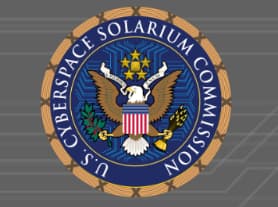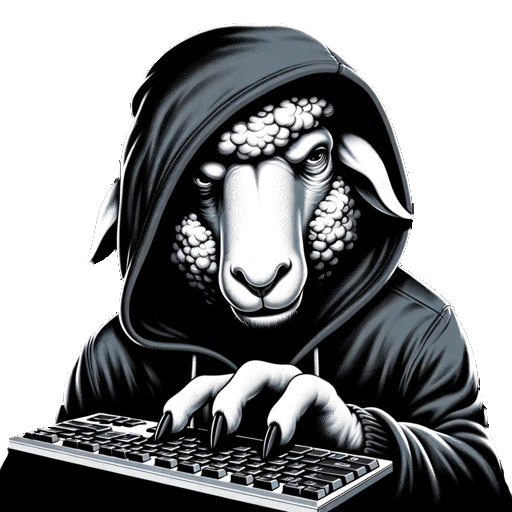Empowering Cyber Defense: The Role of ChatGPT in Modern Cybersecurity
Cybersecurity is a critical concern for individuals, businesses, and governments alike, as the number of online threats continues to grow and evolve. With the rise of artificial intelligence, one tool that has the potential to have a significant impact on cybersecurity is ChatGPT.
Business Bingo
We've all sat in meetings where we wished we had a bingo card for the phrases being thrown around. Here's one that captures many of the ones that I hear. Now, I'm not saying that I haven't (or don't) occasionally use one of these, but hopefully never enough that I am the main contributor to completing your bingo card.
Cyberspace Solarium Commission Report
In 2019, I was honored to be asked to participate in the Cyberspace Solarium Commission (CSC), a significant initiative established in the United States as part of the National Defense Authorization Act for Fiscal Year 2019. The Commission released its report in 2020, which included a wide range of recommendations for both legislative and executive actions.
"Do You Have a Safe Word Yet?" A Call to Arms Against Deep Fake Voice Attacks
In the digital age, we've seen a steady evolution of threats, but none perhaps as chilling as the rise of deep fake voices and videos. Malicious actors can, with relative ease, use voice technology to mimic someone's voice and use it in criminally exploitative ways—from convincing others to take potentially dangerous actions, to making fraudulent payments, or opening gaps in security. This is a threat too severe to overlook. So, how do we safeguard ourselves in a landscape where our ears can't always be trusted?
Decoding CISO Success: 8 Key Performance Indicators to Evaluate Your Cybersecurity Leader
In today's digital age, the role of a Chief Information Security Officer (CISO) has dramatically evolved. Beyond technical expertise, a CISO's responsibilities now encompass leadership, strategic planning, and effective communication with both technical and non-technical stakeholders. Measuring the success of a CISO can be challenging given the multifaceted and ever-evolving nature of cybersecurity.
Creating ERIN: The Rise of a Fully Interactive Virtual Receptionist
Join me on a nostalgic journey recapping the pioneering work my team and I did in 2015-2016, as we created ERIN, a groundbreaking virtual receptionist that captured public and media attention. Dive into the details of her creation, the challenges we overcame, and the successes we celebrated.
The A-Player Principle: Why Settling is Not an Option in Hiring
Steve Jobs agreed with the famous principle, “A-level people hire level A people, B-level people hire C-level people.” So Apple searches for A-players for crucial roles within their organization, and with good reason.
Why CISOs Shouldn't Report to CIOs
In the past, CISOs were responsible for protecting the organization’s computer systems, networks, and data. However, with the increase of cyber threats and the ever-changing landscape of technology, the role of a CISO has had to evolve. Now, CISOs are responsible for protecting the entire organization, not just the computer systems. They are also responsible for helping the organization to be more secure and resilient, and for protecting it from cyber threats.
Building the Right Team: From Selection to Leadership Alignment
A vision without execution is a hallucination. If you’re the one responsible, the head of the ship, the bus driver, then it’s your job to execute!
Cultivating a Genuine Corporate Culture
The culture of an organization reflects the shared beliefs, core values, and practices of its members. It characterizes interactions between employees and management. As a leader, nurturing and maintaining your organization's culture should be a paramount priority.




















